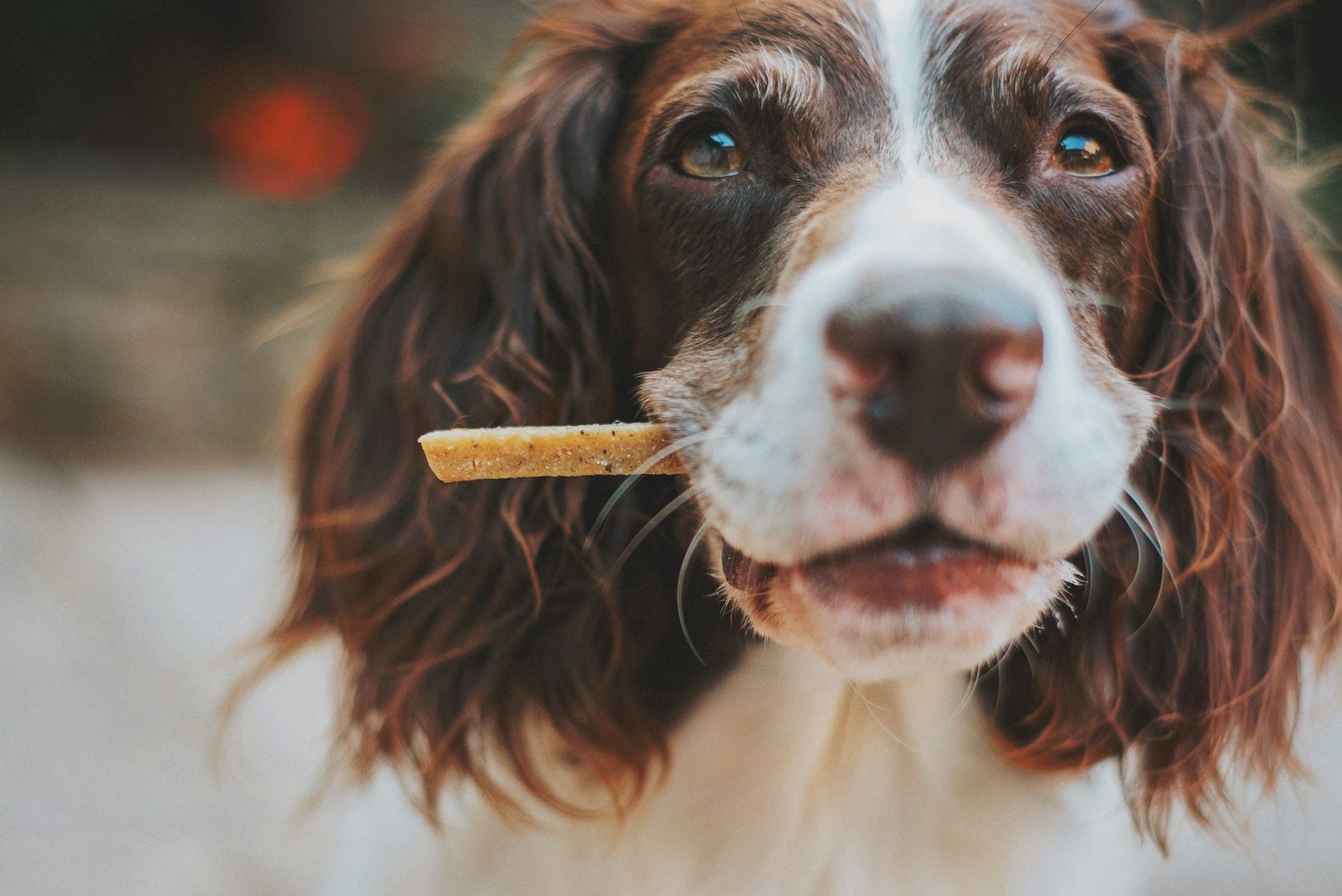Food science is always advancing including the addition of new artificial sweeteners. It is essential that you read the labels on any food you’re feeding your dog. Products marked “sugar-free” may not have sugar but they may have a sugar alternative that can be deadly for your pet! Here is a list of the more common artificial sweeteners and their canine safety profiles according to Sharon Powell, DVM and the Lee County Sheriff’s Office:
Xylitol-toxic to dogs and potentially fatal if consumed even in small amounts. It can cause weakness, vomiting, difficulty standing, severe low blood sugar, seizures, liver failure and death. It is quickly absorbed by the G.I. tract and is not bound by activated charcoal rendering the use of emetics (vomit drugs) useless to treat the poisoning. Xylitol is commonly found in toothpaste, sugar-free peanut butter, candy, sugar-free puddings, and Jell-O.
Erythritol-although less harmful, this product can still cause G.I. upset if consumed in large amounts as well as vomiting. Common foods that may contain erythritol include wine, soy sauce, grapes, and baked goods. Grapes and alcohol should never be given to pets!
Stevia-this product is considered non-toxic to dogs and cats but can cause diarrhea in some pets when it is eaten in large quantities. It is best to keep products containing Stevia away from your pet to avoid G.I. upset. Stevia is found in gums, candy, soy sauce, sports drinks, and soft drinks.
Aspartame-this is considered safe, but like Stevia, could cause G.I. upset. It is found in gum, diet baked goods, toothpaste, and other items.
Saccharin-this artificial sweetener is considered non-toxic for dogs however it to can cause G.I. upset if consumed in large quantities. It is found in Sweet and Low, baked goods, candy, sodas, salad dressings and drink mixes.
Sucralose-commonly known as Splenda it is generally safe for dogs but can cause diarrhea.
Monk Fruit-this is considered safe for dogs. It is found in protein bars, ice cream and diet sodas.
You should write on the outside of your food containing xylitol “not for pets” so all family members become aware not to give that item to your pet. Also, dogs are mostly carnivores, they do not need any sweets, artificial or otherwise, in their diets. Always be careful about what you feed Fido and have an emergency plan in place in case of accidental ingestion.
If your dog becomes ill due to ingestion of sweetener, there are pet poison hotlines you can call including Pet Poison Helpline-(855)764-7661 or ASPCA Poison Control Center-(888)426-4435.



